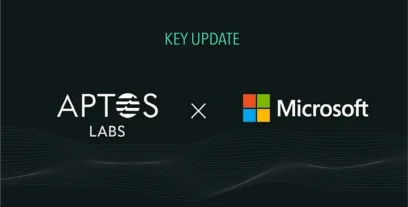
(Bloomberg) — Less than a month after the debut of spot Bitcoin exchange-traded funds, the asset managers offering the investment vehicles appear to be seeking ways to bolster their own profitability.
Most Read from Bloomberg
- Donald Trump Loses London Case Against Ex-MI6 Spy Over Kremlin Dossier
- A $560 Billion Property Warning Hits Banks From NY to Tokyo
- Deutsche Bank Plans To Cut 3,500 Jobs And Lift Payouts
- Stocks Keep Pushing Higher as Oil Drops Below $75: Markets Wrap
- House Passes $78 Billion Business, Child Tax Break Bill
Valkyrie Investments said Thursday that it’s retaining BitGo as a second custodian to help safeguard customer assets. Coinbase currently dominates the custody role for Bitcoin ETFs, supporting eight out of the 10 issuers, including for the roughly $113 million Valkyrie Bitcoin Fund, which trades under the BRRR ticker.
“We think it’s prudent to have multiple options and to make sure we are mitigating risk in a proper way on behalf of our clients,” Steven McClurg, chief investment officer of Valkyrie, said in an interview.
In addition to reducing counterparty risk, multiple custodian relationships could make it easier for issuers to potentially pressure custodians on fees down the road to improve profitability. The funds embarked on a fee cutting war just before the Jan. 11 launches, with seven waving the customer expense during an introductory period.
While not disclosed, custody rates typically range from 10 basis points for the largest clients to 50 basis points for the smaller ones, industry officials say. Rates also differ depending on whether the customers use any other services such as trading. Customers signing up for bundles of services can often get better terms.
“The ETFs will compete on price, and one of the key inputs to the price is the cost of custody platforms as well as spread in trading,” said Gavin Michael, chief executive officer of Bakkt Holdings Inc.
Bakkt, which offers custody and trading of digital assets, has been in talks with several Bitcoin ETF managers. “There’s a heavy price war going on, and the way we price aggressively around our offering makes us very competitive,” Michael said.








Comments (0)